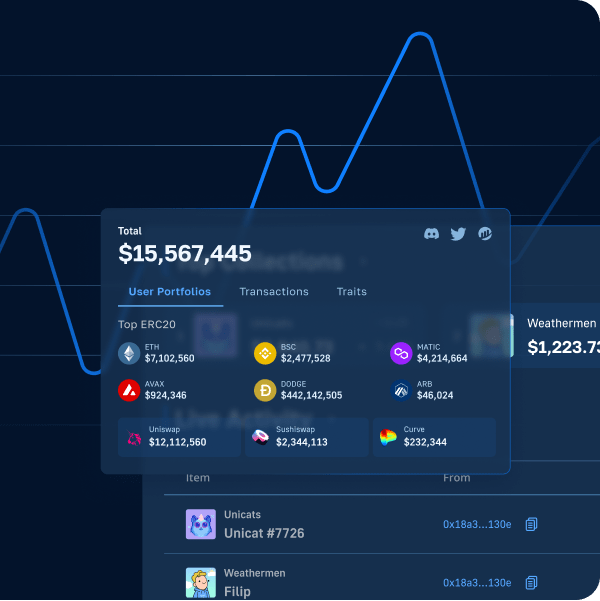Today’s article will show you how to seamlessly query blockchain data, including transactions, balances, etc. Furthermore, we will query the blockchain for specific data using Moralis, the Web3 industry’s leading blockchain API provider! With Moralis’ premier development tools, you can effortlessly fetch on-chain data with only single lines of code.
If you’re eager to get going and immediately want to query blockchain data, check out the endpoints below for fetching transactions, balances, and token prices:
getWalletTransactions()– Query all native transactions of any wallet:
const response = await Moralis.EvmApi.transaction.getWalletTransactions({
"chain": "0x1",
"address": "0x1f9090aaE28b8a3dCeaDf281B0F12828e676c326"
});
getNativeBalance()– Get the native balance of any address:
const response = await Moralis.EvmApi.balance.getNativeBalance({
"chain": "0x1",
"address": "0xDC24316b9AE028F1497c275EB9192a3Ea0f67022"
});
getTokenPrice()– Fetch the price of any token:
const response = await Moralis.EvmApi.token.getTokenPrice({
"chain": "0x1",
"address": "0x7d1afa7b718fb893db30a3abc0cfc608aacfebb0"
});
If you’d like to explore other endpoints and learn more about Moralis’ premier suite of Web3 APIs, join us in this guide as we show you how to query blockchain data with ease!
Also, if you wish to follow along in this article, don’t forget to sign up with Moralis. You can create an account for free, and you’ll get instant access to our industry-leading Web3 APIs!
Overview
In today’s article, we’ll kick things off by exploring the ins and outs of blockchain data. From there, we’ll then introduce you to Moralis – the industry’s leading Web3 API provider. Next, using our premier APIs, we’ll show you how to query and fetch blockchain transactions and transfers, wallet balances, token prices, and block and smart contract data. Lastly, to top things off, we’re going to explore some prominent use cases for when you need blockchain data.

If this sounds exciting, join us in the following section as we start by exploring the intricacies of blockchain data!
What is Blockchain Data?
Blockchain data – also commonly known as ”on-chain data” – refers to all the publicly available information stored on networks like Ethereum, BNB Smart Chain (BSC), and Polygon. With this information, it’s possible to track the movement of assets, verify transactions, and generate advanced market insights through blockchain data analytics. Consequently, blockchain data plays an integral role in the process of building dapps and other Web3 projects!
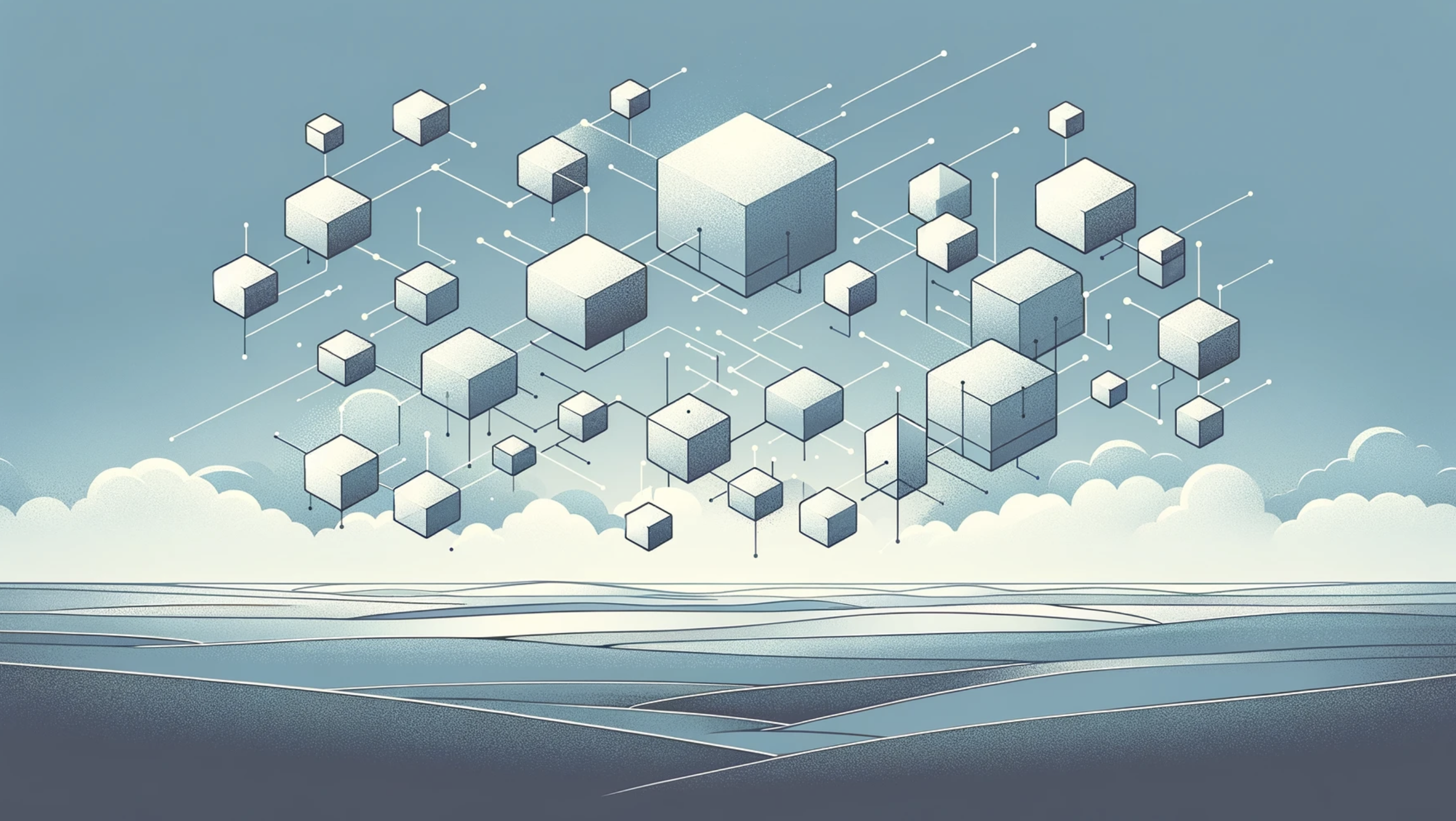
There are three main types of blockchain data:
- Transaction Data: Transaction data is information about each transaction on a blockchain network, including sender and receiver addresses, transfer fees, transaction amounts, etc.
- Block Data: Block data is information regarding each block in a chain. For example, this includes hashes, transactions, time stamps, miner fees, and more.
- Smart Contract Data: Smart contract data is all the information about smart contracts deployed to a blockchain network. This includes the contract code, state, logs, and emitted events.
All in all, blockchain data is all the publicly available information stored on networks like Ethereum, BSC, Polygon, etc.
How is Data Queried from Blockchains?
Blockchain data on networks like Ethereum, BSC, and Polygon is publicly available, meaning anyone can query this information. However, how exactly does this work?
Well, when it comes to fetching on-chain data, you have a few options:
- Run a Node: Your first option for getting blockchain data is to host a node yourself. This lets you interact directly with a blockchain network to query data, execute transactions, and deploy smart contracts.
- Block Explorers: Your second option is to use a block explorer. Block explorers are web-based platforms that allow you to seamlessly read all transactions stored on a network. Some prominent examples include Etherscan, PolygonScan, BscScan, etc.
- Web3 APIs: The final option is to use Web3 APIs. A Web3 API – short for ”application programming interface” – is a set of protocols, rules, and methods allowing you to seamlessly interact with a network to, for instance, query blockchain data.
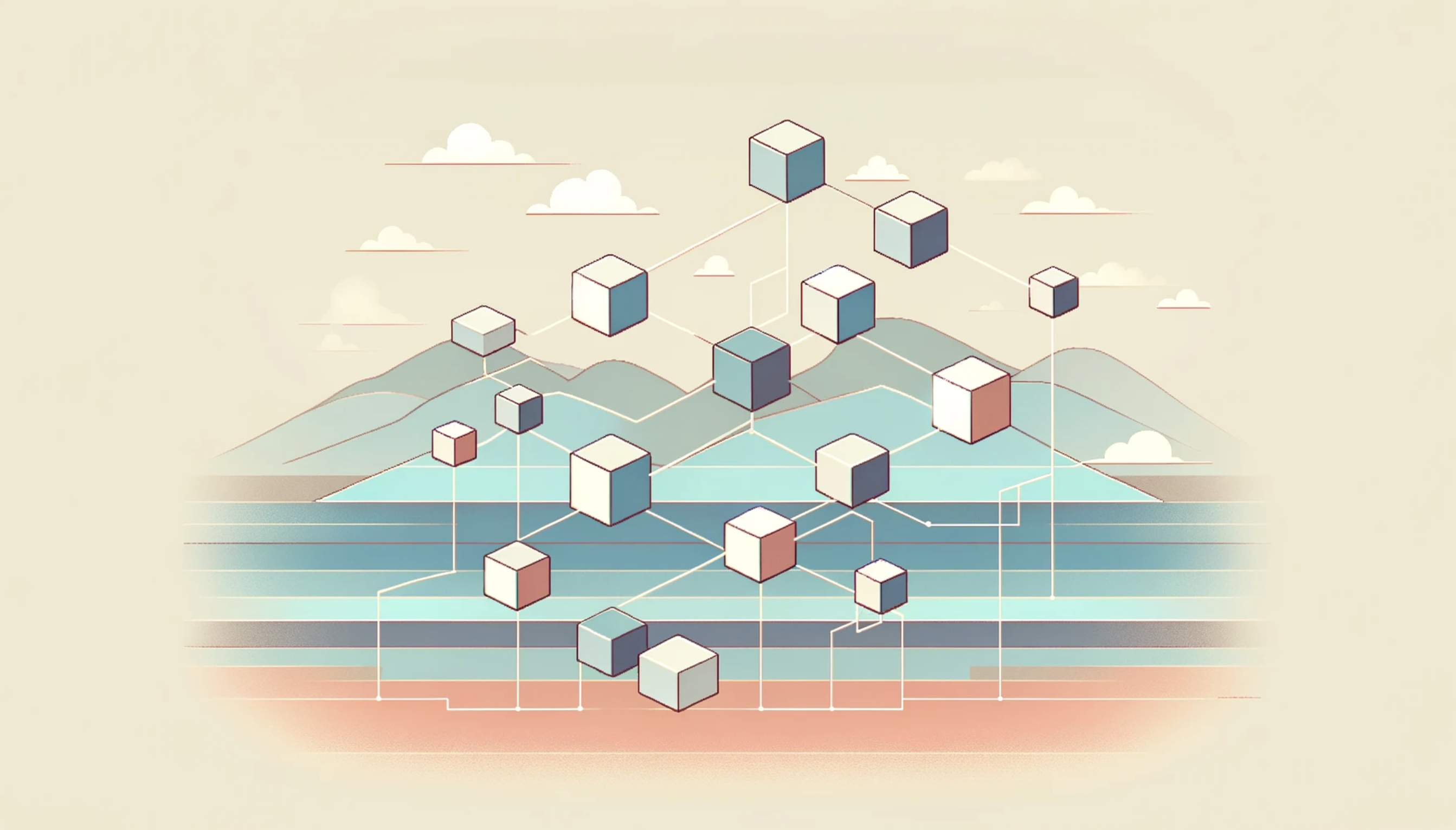
While all of the above options are valid methods for fetching blockchain data, they have their respective advantages and disadvantages. For instance, running a node and querying information from it requires an underlying infrastructure, which is a tedious and time-consuming task to set up. Also, while block explores provide web-based interfaces allowing you to browse and search a blockchain, they are not designed for programmatic access or data integration into dapps.
Consequently, when it comes to Web3 development, the best and easiest way to query blockchain data is to use APIs!
But where do you find the best Web3 APIs?
If you’re looking for the answer to this question, join us below as we introduce you to the industry’s leading Web3 API provider – Moralis!
The Best Tool to Query Blockchain Data: Introducing Moralis
The best and easiest way to query blockchain data is to use Moralis. Moralis is the industry’s leading blockchain API provider, and our extensive set of premier development tools currently powers blockchain applications for millions of end users across the globe!
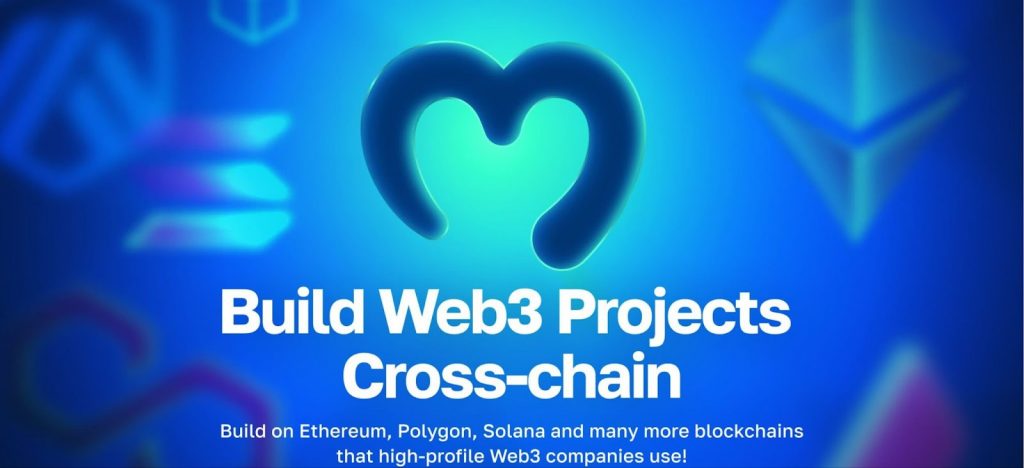
In Moralis’ suite of Web3 development tools, you’ll find more than ten APIs for various use cases. With these APIs, you can seamlessly query blockchain data for transactions, balances, and more with only single lines of code. Consequently, when using Moralis, you can build everything from decentralized finance (DeFi) platforms to Web3 games without breaking a sweat.
Here are three examples of prominent Moralis Web3 APIs for querying blockchain data:
- Wallet API: The Wallet API is the ultimate tool for integrating wallet functionality into your Web3 projects. With this premier interface, you can effortlessly fetch the token balances, transaction history, profile data, and much more of any address.
- Token API: The Token API is the industry’s leading tool for ERC-20 token data. With a single line of code, you can seamlessly fetch and integrate token prices, transfers, balances, etc., into your dapps.
- Blockchain API: With Moralis’ Blockchain API, you can seamlessly unlock the power of both raw and decoded blockchain data. Use this API to fetch smart contract logs, events, and other block data with ease.
If you’d like to explore all our industry-leading development tools, please check out our Web3 API page! Also, did you know you can access the APIs above for free? Simply sign up with Moralis, and you’re ready to go!
Why Use Moralis to Query Blockchain Data?
At this point, you might be asking yourself, ”Why should I use Moralis to query blockchain data?”. To answer this question, let’s briefly explore three benefits of Moralis’ Web3 APIs:
- Industry-Leading Response Times: Our Web3 APIs offer industry-leading response times. Consequently, when working with Moralis, you can seamlessly optimize the performance of your projects.
- Comprehensive: We enrich all our API responses with transaction decodings, metadata, market data, address labels, and more from multiple sources. And in doing so, we’re able to provide the industry’s most comprehensive APIs.
- Cross-Chain Compatibility: Moralis’ Web3 APIs are cross-chain compatible, supporting networks like Ethereum, Polygon, BSC, Solana, and many others. As such, with our premier APIs, you can query blockchain data from all the most significant networks.

Now, with an overview of Moralis, let’s dive into the code and show you how to seamlessly query blockchain data using our industry-leading APIs!
Examples of How to Query Blockchain Data
In the following subsections, we’ll highlight the accessibility of querying blockchain data using Moralis’ industry-leading Web3 APIs. To do so, we’ll explore a few prominent endpoints and show you how to get blockchain transactions and transfers, wallet balances, token prices, and block and smart contract data.
So, without further ado, let’s explore how you can query blockchain transactions and transfers in a heartbeat!
Query Blockchain Transactions and Transfers Example
With Moralis’ Web3 API suite, you can easily fetch both blockchain transactions and transfers of any wallet or contract. To show you how this works, check out the three endpoints below:
getWalletTransactions()– Fetch a list of native transactions from any wallet:
const response = await Moralis.EvmApi.transaction.getWalletTransactions({
"chain": "0x1",
"address": "0x1f9090aaE28b8a3dCeaDf281B0F12828e676c326"
});
getTokenTransfers()– Query ERC-20 token transfers of a contract:
const response = await Moralis.EvmApi.token.getTokenTransfers({
"chain": "0x1",
"address": "0x7d1afa7b718fb893db30a3abc0cfc608aacfebb0"
});
getNFTContractTransfers()– Get transfers of NFTs for a given contract:
const response = await Moralis.EvmApi.nft.getNFTContractTransfers({
"chain": "0x1",
"address": "0xb47e3cd837dDF8e4c57F05d70Ab865de6e193BBB"
});
Fetch Wallet Balances
With the Wallet API, you can effortlessly fetch both the native, ERC-20, and NFT balances of any wallet with only single API calls. Here are three endpoints for fetching wallet balances:
getNativeBalance()– Query the native balance of any wallet:
const response = await Moralis.EvmApi.balance.getNativeBalance({
"chain": "0x1",
"address": "0xDC24316b9AE028F1497c275EB9192a3Ea0f67022"
});
getWalletTokenBalances()– Fetch the fungible token balances of any wallet:
const response = await Moralis.EvmApi.token.getWalletTokenBalances({
"chain": "0x1",
"address": "0x1f9090aaE28b8a3dCeaDf281B0F12828e676c326"
});
getWalletNFTs()– Get the NFT balance of any wallet:
const response = await Moralis.EvmApi.nft.getWalletNFTs({
"chain": "0x1",
"address": "0xff3879b8a363aed92a6eaba8f61f1a96a9ec3c1e"
});
Get Token Prices Example
With Moralis’ Token API, you can seamlessly get the price of any token with only single lines of code. Check out the endpoint for querying token prices below:
getTokenPrice()– Get the price of any token:
const response = await Moralis.EvmApi.token.getTokenPrice({
"chain": "0x1",
"address": "0x7d1afa7b718fb893db30a3abc0cfc608aacfebb0"
});
Query Block and Smart Contract Data
With the Blockchain API, you can seamlessly query block data, smart contract logs, and more. To show you a couple of examples of how this works, check out the two endpoints below:
getBlock()– Fetch the contents of a block:
const response = await Moralis.EvmApi.block.getBlock({
"chain": "0x1",
"blockNumberOrHash": "15863321"
});
getContractLogs()– Get the logs for a contract:
const response = await Moralis.EvmApi.events.getContractLogs({
"chain": "0x1",
"address": "0xb47e3cd837dDF8e4c57F05d70Ab865de6e193BBB",
"topic0": "0xddf252ad1be2c89b69c2b068fc378daa952ba7f163c4a11628f55a4df523b3ef"
});
The examples above only scratch the surface of what’s possible with Moralis. If you’d like to learn more about our premier APIs and explore additional endpoints, please visit the official Moralis documentation page!
What Can You Build with Moralis? – Exploring Use Cases for Blockchain Data
There are a lot of things you can build with Moralis thanks to its capability of querying blockchains. Below, we’ll explore three examples of prominent use cases for blockchain data:
- Cryptocurrency Wallets: Cryptocurrency wallets are digital platforms for storing and managing both fungible and non-fungible tokens. Some prominent examples of wallets include MetaMask, Coinbase Wallet, and Trust Wallet.
When building a cryptocurrency wallet, you need access to a bunch of blockchain data, including balances, transactions, prices, etc. With tools like the Wallet API and Token API, you can seamlessly query all the blockchain data you need with a few lines of code.
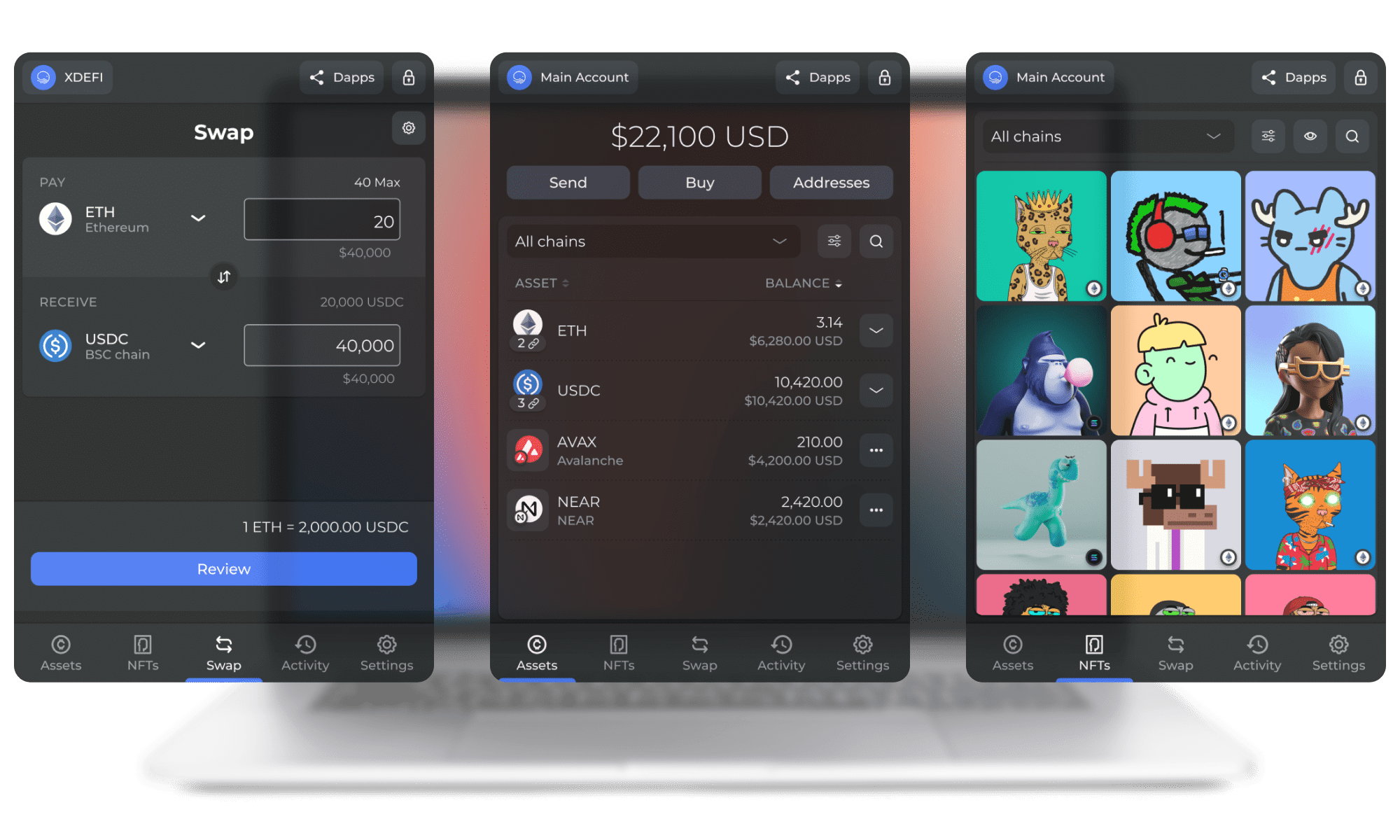
- Decentralized Exchanges (DEX): DEXs are peer-to-peer marketplaces allowing users to trade cryptocurrencies in a non-custodial manner without intermediaries. A few examples include Uniswap, PancakeSwap, Curve, and SushiSwap.
If you’re planning on building a DEX, you need access to wallet balances, token prices, etc. With Moralis’ Web3 API suite, you can seamlessly fetch this information with only a few API calls.
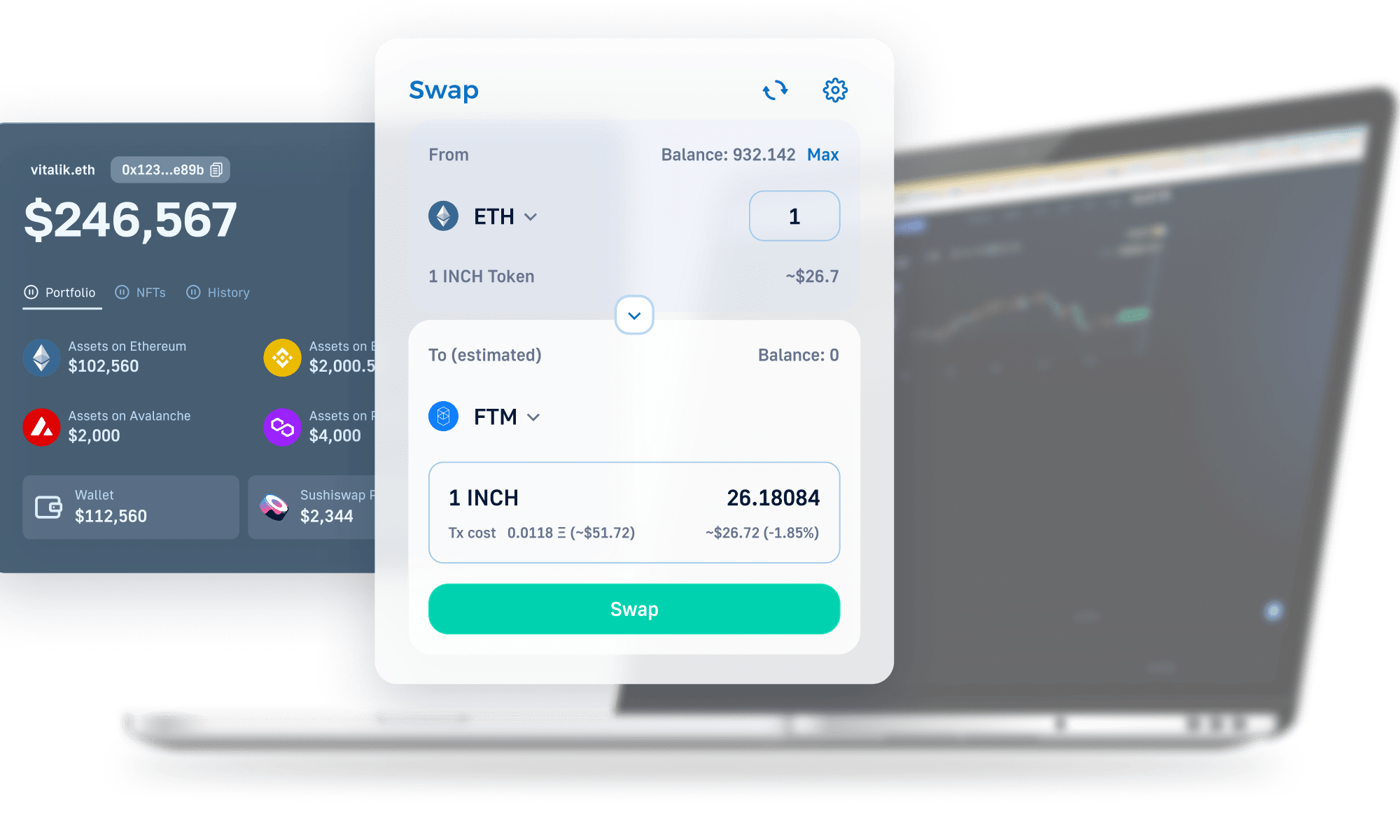
- Token Analytics: Token analytics platforms are websites or applications that give traders in-depth insight into cryptocurrencies. Furthermore, these platforms query, analyze, and present blockchain data from various networks in a readable format, giving users a more nuanced view of the market. In turn, this allows users to make more informed investment decisions. A great example of a token analytics platform is Moralis Money!
As you can imagine, when building a token analytics platform, you need access to a bunch of on-chain data, including token prices, transactions, etc. With Moralis’ Web3 APIs, you get all of this data in one single place.
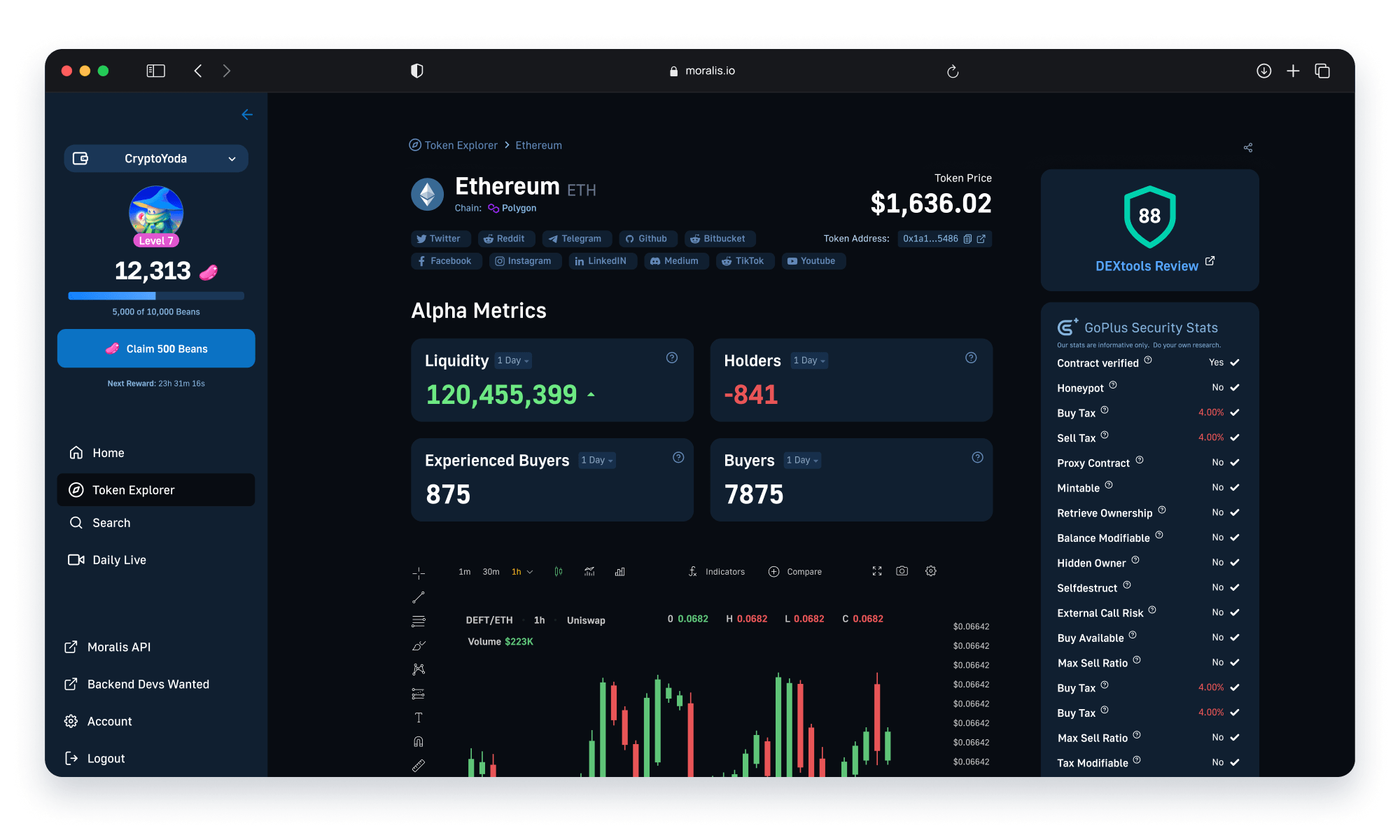
So, if you want to build sophisticated Web3 projects, don’t forget to sign up with Moralis. You can create an account for free, and you’ll be able to immediately start building dapps faster and more efficiently!
Summary: How to Query Blockchain Data for Transactions, Balances, and More
In today’s article, we kicked things off by diving into the ins and outs of blockchain data. In doing so, we learned that it refers to all the publicly available information on blockchains like Ethereum, BSC, and Polygon!
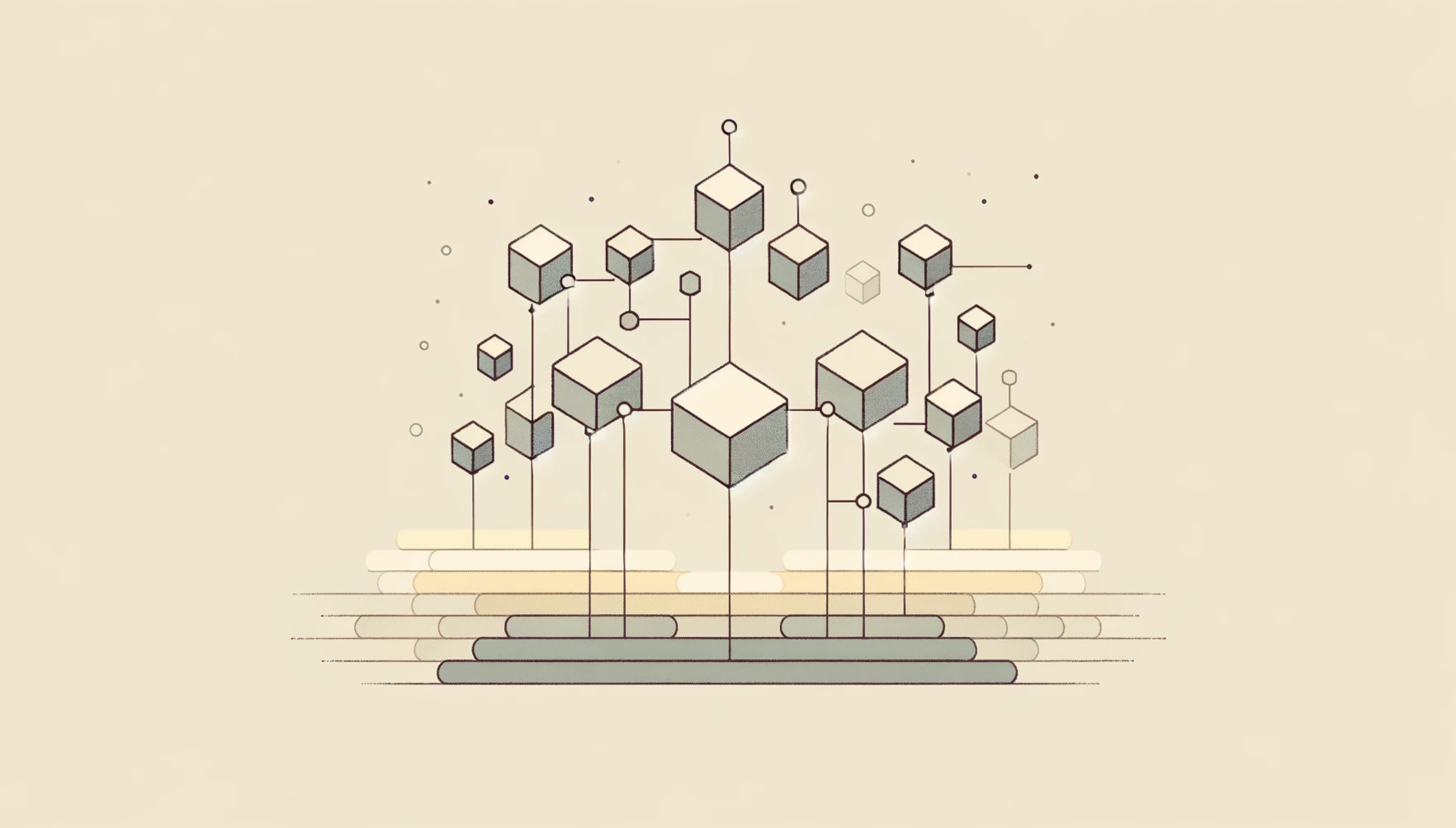
From there, we then introduced you to the industry’s leading Web3 API provider – Moralis! With Moralis’ premier Web3 APIs, it’s possible to query blockchain data – including transactions, balances, etc. – with only single lines of code. As such, when utilizing our APIs, you can build dapps faster and more efficiently.
After introducing you to Moralis, we also showed you a few examples of how you can query blockchain data with our Web3 APIs. To summarize and highlight the accessibility of our APIs, here are three endpoints you’ll likely find useful when building Web3 projects:
getWalletTransactions()– Get the native transactions of any address:
const response = await Moralis.EvmApi.transaction.getWalletTransactions({
"chain": "0x1",
"address": "0x1f9090aaE28b8a3dCeaDf281B0F12828e676c326"
});
getNativeBalance()– Query the native balance of any wallet:
const response = await Moralis.EvmApi.balance.getNativeBalance({
"chain": "0x1",
"address": "0xDC24316b9AE028F1497c275EB9192a3Ea0f67022"
});
getTokenPrice()– Fetch the price of a token:
const response = await Moralis.EvmApi.token.getTokenPrice({
"chain": "0x1",
"address": "0x7d1afa7b718fb893db30a3abc0cfc608aacfebb0"
});
If you liked this blockchain data tutorial, consider reading more content here on the blog. For instance, explore the best altcoin API, learn how to build cryptocurrency price trackers, or discover how to build dapps on Optimism! Also, if you’re not sure what network you should build on, explore some of the various chains further by reading our articles on the Cosmos ecosystem, Solana ecosystem, and more!
Lastly, if you wish to use our premier Web3 APIs yourself to query blockchain data, don’t forget to sign up with Moralis. You can create an account for free, and you’ll get instant access to our suite of premier Web3 development tools!
